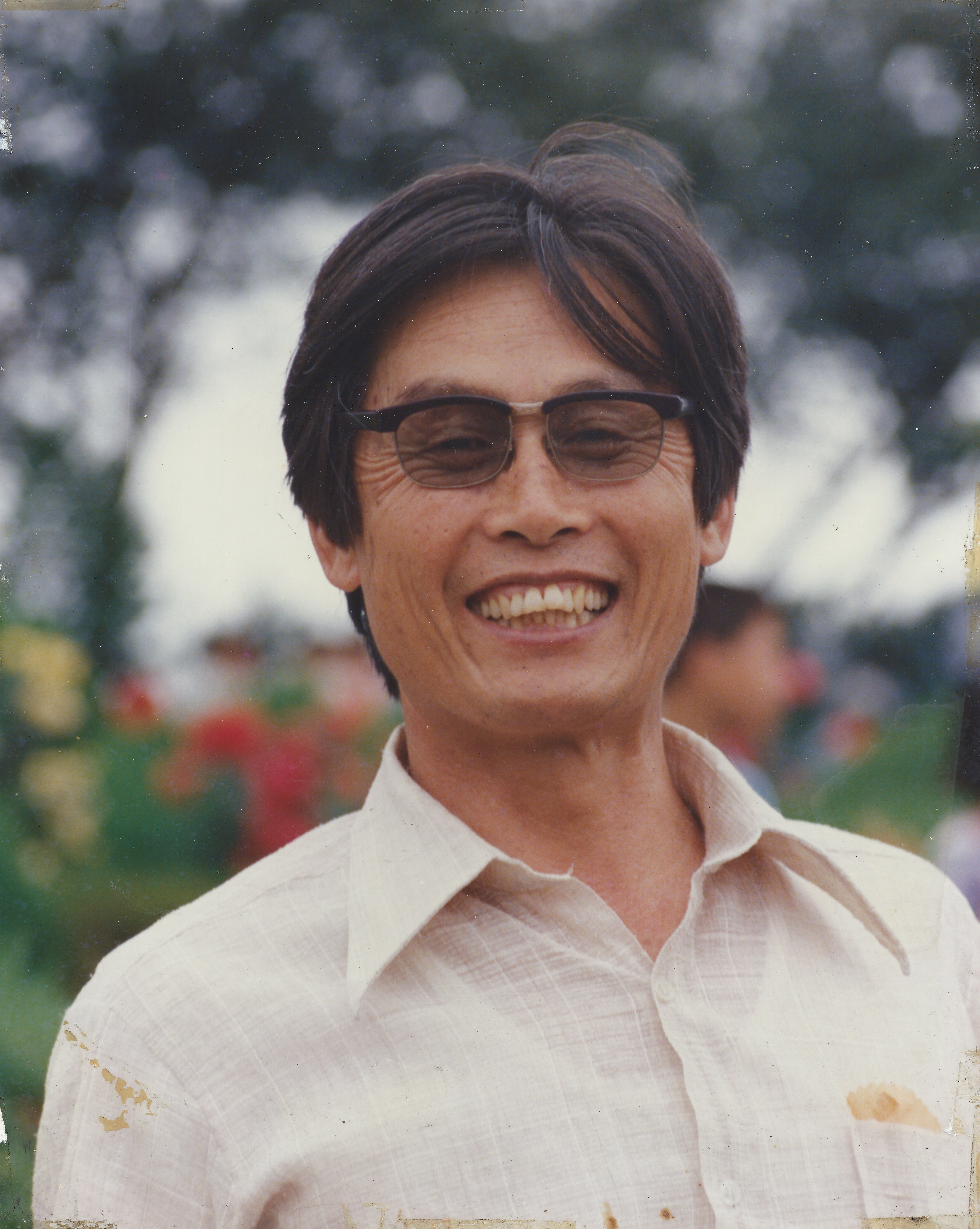Investigative Activities: Korea and the Korean War
U.S. Soldier comforting a fellow soldier
Koreans have an ancient history dating back to 2333 B.C.E. when it is believed that their homeland, Choson, was founded by Tangun Wanggom. Investigate the origins of the Korean people and prepare an historical overview of their history.
Japan annexed Korea in 1910. The history between the two countries is filled with injustice. Investigate the history between Japan and Korea which came to a crucial point following the Second World War when the country was partitioned at the 38th parallel with the Soviet Union occupying the north and the U.S. the south.
Research the Potsdam Conference and report on critical points discussed about the war in Asia, and demands on unconditional surrender from the Japanese government. What provisions did the Allies offer to the Japanese? How was the Japanese government warned about the potential of the atomic bomb? Report on the terms of the Cairo Declaration. Who was in attendance, when was it held, and what were the conditions of the declaration.
Investigate why the People’s Republic of China decided to enter the Korean War on the side of the North. Report on how the Chinese communicated with the U.S. prior to the war.
The Chinese employed a number of different military tactics during the Korean War. Investigate what was meant by “swarm of Chinese,” “human waves,” and “Chinese hordes.” The names given by U.N. and U.S. forces did not necessarily indicate the type of strategies employed by the Chinese.
Investigate how the U.S. administration felt about using the atomic bomb during the Korean War. Report on how messages were sent to the Chinese and North Koreans about U.S. opinion and intended plans.
It took two years for the peace treaty to end the Korean War. Investigate the delays of the treaty, reporting on specific instances and attitudes of the negotiators.
The condition of prisoners of war (POWs) was deplorable on both sides. Investigate the practice of holding POWs, report on how prisoners were regarded and their treatment. Also, report on the policy of voluntary repatriation offered to the Chinese. Why was it a violation of the Geneva Convention?
Use the Korean War timeline on previous pages to investigate significant battles of the Korean War. Report on these battles and illustrate your report with appropriate maps.
A number of Western generals were prominent in the Korean War. Investigate and prepare reports on generals Edward Almond, Douglas McArthur, Matthew Ridgeway, James Van Fleet, and Walton Walker.
Marguerite Higgins Hall was a civilian correspondent who covered the Korean and the Vietnam wars. She won the Pulitzer Prize for her reporting. Research her work and report on her writing.
U.S. women in the military played a significant role during the Korean War. Include in your report work that women were assigned during the war and the various branches of service of which they were a part. What were some of the unique combat situations faced by women? U.S. women involved in health care were joined by women from Belgium, Denmark, France, Greece, Italy, Japan, the Netherlands, Norway, Thailand, and Turkey. Report on the work and contributions made by these nurses.
Investigate North Korean leader Kim Il Sung. Sung was the former guerrilla leader who created a military society in North Korea. Report on how Sung thought of himself, his priorities as a leader and how he ruled North Korea.
Investigate South Korea’s leader Park Chung Hee. Park is attributed with turning South Korea’s economy around. Report on how Park was viewed as a leader, his decisions and how his rule ended.
Interaction between North and South Korea was particularly tense during the 1980s. Report on two incidents that were alleged to have been conducted by the North Koreans: bombing of a visiting South Korean delegation to Burma (now Myanmar) and the shooting down of a Korean Air Lines jet by the Soviets in 1983.
Fifty years after the Korean War the border between North and South Korea remains highly fortified and marred by tension. In 2000 both governments allowed individuals to cross the border for the first time to be reunited with families who had not been in contact since the war. Report on this historical event and other acts of cooperation between North and South Korea.
- From: http://voiceseducation.org/node/298
'2. Humanities > 22_한국역사' 카테고리의 다른 글
| [스크랩] 한반도 위기의 종말 (0) | 2013.04.10 |
|---|---|
| 1948년 6월 8일 미군의 독도폭격으로 어부 150명 몰살 (0) | 2013.04.07 |
| [스크랩] 친일파 할아버지 Vs 독립군 할아버지 (0) | 2013.01.30 |
| [스크랩] 베트남 마을에 있는 한국군 `증오비` (0) | 2013.01.19 |
| [스크랩] 구국의 영웅 박정희와 그 허상 (0) | 2012.12.15 |

